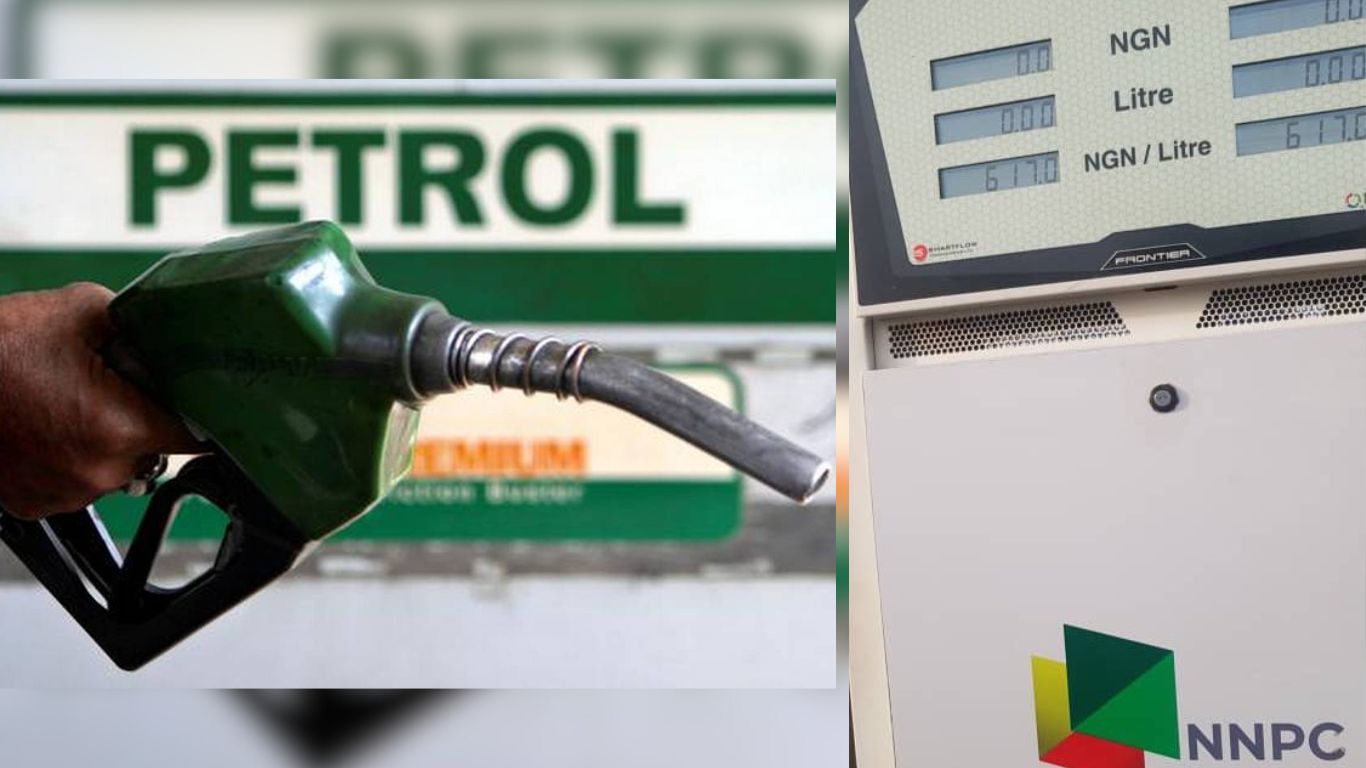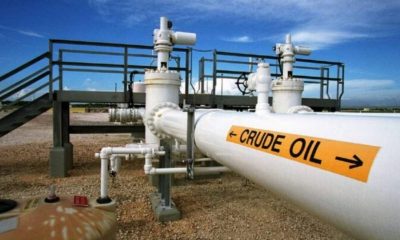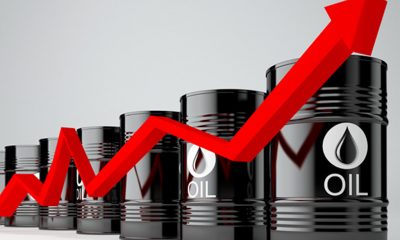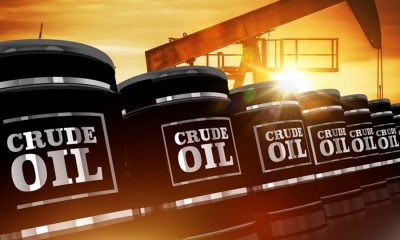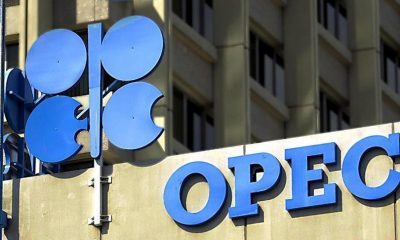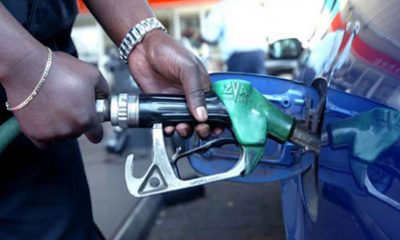Petrol pump prices in Nigeria are likely to increase for the third time since subsidy removal following the surge in the price of crude oil at the global market and the devaluation of the Naira.
It was gathered that the Platt benchmark price for petroleum products reached a staggering $979.75 per metric ton (MT) at the close of Wednesday’s trading session.
When factoring in regular premium operational fees of $50, the average cost per MT of fuel could escalate to an alarming $1,025.75.
Additionally, the Argus benchmark price trading platform reported prices of $960.86/MT and $1,010.86, including premium operational costs.
By applying the standard volume conversion rate of 1,341 litres per metric ton, the benchmark dollar cost ranges between $0.7538 to $0.7649 cents per litre.
READ ALSO: NNPCL breaks silence over fresh fuel pump price hike
Consequently, the average landing cost per litre is projected to fall to between N655.06 and N669.29.
Insider sources, who prefer to remain undisclosed, have revealed that the next round of imports into the country could push prices up by a minimum of another N100 or more due to a surge in global crude oil price.
The increase could result in pump prices selling for between N660 and N700 per litre.
Industry players are now responsible for conveying petroleum products to retail dispensing points, incurring an average cost of between N3 to N9 for distribution within Lagos and N14 to N45 to other parts of the country.
This shift implies that retail pump prices in Lagos could range between N658.06 and N664.06, where the purchase price is at N655.06 and N672.29 to N678.29, where the purchase price is at N669.29.
READ ALSO: Subsidy Removal: Petrol marketers ask Nigerians to switch to Gas
Other parts of the country may experience pump prices ranging from N669.09 to N700.06 on a lower landing cost purchase price to as high as N683.29 and N714.29 on a higher landing cost purchase price.
Meanwhile, suppliers and marketers are grappling with the challenges of meeting demand while dealing with exchange rates of between N869 and N875 per US dollar.
Traders are expressing concerns over the current market volatility and displaying reluctance towards petroleum product importation. This reluctance persists as the market remains non-cost-reflective despite the removal of subsidies.
Nigerian consumers may expect further increases in petrol pump prices before the close of the year. The implications of these price fluctuations could have substantial effects on the country’s economy and citizens’ daily lives.
The projections of crude oil prices reaching $85 per barrel by year-end, coupled with the instability of the Naira against the Dollar, may result in further hikes in petrol pump prices.

 Health & Fitness3 days ago
Health & Fitness3 days ago
 Featured1 week ago
Featured1 week ago
 Aviation6 days ago
Aviation6 days ago
 Aviation4 days ago
Aviation4 days ago
 Business1 week ago
Business1 week ago
 Aviation4 days ago
Aviation4 days ago
 News1 week ago
News1 week ago
 Business1 week ago
Business1 week ago
